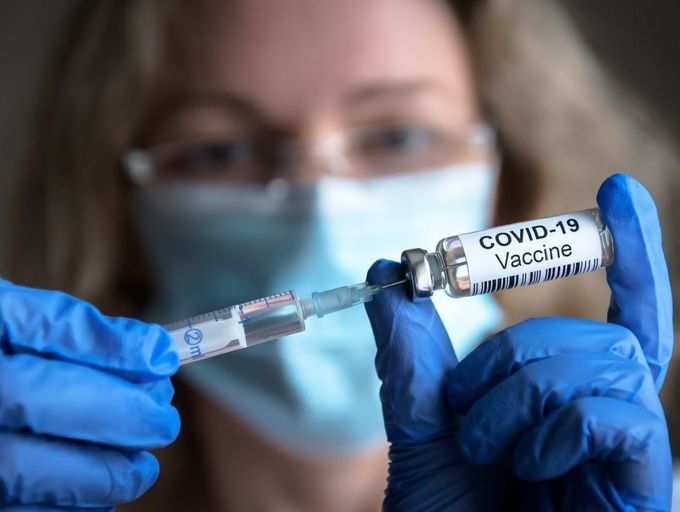
Is it feasible for COVID-19 vaccinations to shed their vaccines?
Around the world, myths and misconceptions about coronavirus vaccinations have spread, resulting in vaccine reluctance and a spike in COVID-19 cases. Vaccines, as is well known and understood, are a replication of the original virus that, when injected into a person, stimulates the body’s immune system to identify and respond to the pathogen. This results in certain side effects and, in some circumstances, adverse responses.
You may have heard of something called ‘vaccine shedding’ after getting a specific type of vaccination. This is when vaccinated individuals shed vaccine components.
While this is theoretically feasible, it has not been observed in anybody who has gotten any of the COVID vaccinations developed too far. Not all vaccinations are manufactured in the same way, and there are several factors to consider before believing any piece of information. With that stated, here is all you need to know about vaccination shedding and the danger associated with COVID immunizations.
What does “Vaccine Shedding” mean?
Many vaccine-skeptics think that receiving the COVID vaccination or associating with someone who has received the vaccine would likely do more harm than good. This is referred to as “vaccine shedding,” a process in which a vaccinated individual releases, or sheds, vaccine components either internally or externally, raising the risk of infection in others.
According to experts, “viral shedding” is a probable occurrence. It does not, however, occur in every type of vaccination you receive. A person can shed viral components only after receiving a specific form of vaccination called a live-attenuated vaccine.
Live-attenuated vaccinations include a virus that causes the disease that must replicate and multiply in order to elicit an immune response in the body. While these vaccinations may shed, they cannot cause illness owing to their reduced condition.
Vaccine types
Apart from live-attenuated vaccinations, a variety of other vaccine types are still used. In contrast to live-attenuated vaccinations, these vaccines do not shed because to the absence of active microorganisms. These are the vaccination strains that are incapable of shedding.
– Vaccines that have been rendered inactive – Polio (IPV), Hepatitis A
– Toxicant (inactivated toxin) – Tetanus, diphtheria (part of DTaP combined immunization)
Hepatitis B, Influenza (injection), Haemophilus influenzae type b (Hib), Pertussis (as part of the DTaP combination vaccination), Pneumococcal, Meningococcal
COVID vaccinations can shed. Is this possible?
As of present, none of the coronavirus vaccinations used worldwide include a live virus, which means they cannot be shed.
While vaccination shedding is conceivable, scientists have been quite clear that COVID vaccines do not shed. Currently, the only COVID-19 vaccines approved for permitted emergency use are mRNA vaccines and viral vector vaccines.
The mRNA vaccine guides cells to generate a protein or a fragment of the coronavirus spike protein in order to elicit an immunological response in the body. This will result in the production of antibodies necessary to combat the lethal SARs-COV-2 virus.
Viral vector vaccines employ a modified form of another virus, such as adenovirus, to instruct cells to produce coronavirus spike protein.
Both of these vaccines direct cells to produce spike proteins, which in no way result in viral shedding. Having stated that, while vaccine shedding can occur in rare instances, such as with live-attenuated vaccinations, it does not occur with any of the COVID vaccines now available worldwide.
What safeguards are available in the event of vaccination shedding?
While vaccination shedding provides no significant harm to healthy and fit persons, those with weakened immune systems should avoid such immunizations.
This may include persons who have recently undergone an organ transplant or stem cell transplant, as well as those who are HIV-positive or getting frequent cancer therapy.
Keeping this in mind, persons who have received a live-attenuated vaccination should avoid contact with immunocompromised individuals. Maintain personal hygiene and wash your hands often.

